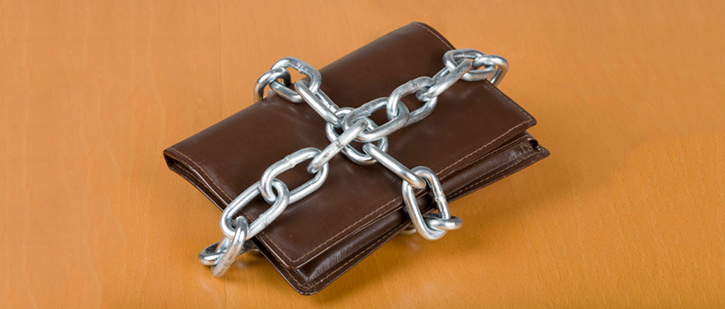Budget Recovery: Dipping Into Savings

Consider your emergency savings completely off limits until you absolutely need that money for something 100% essential. If you have major car repairs, hospital bills, or a broken water heater, dip into your savings to cover these costs. After all, that’s what the money is for. But before you make that transfer out of savings, make sure you’re really differentiating between wants and needs.
Learning to save is not an easy task, because it generally means sacrificing things we want. It’s hard to tell ourselves we can’t have something when we work so hard for our money. But if you want to avoid debt and build savings, you have to constantly ask yourself if the expense of something is worth losing the security of having money to cover true emergencies. Sticking with your financial goals may depend on separating your money from your emotions.
The issue: You received your fourth wedding invitation this year. It’s from a good friend who you want to support, but it’s a 5 hour drive plus accommodations in the pricey hotel where the reception will take place. You really want your friend to know you’re happy about the wedding, but you just don’t have a couple hundred bucks to pay for gas, hotel, food, and a wedding gift. You’re considering taking money out of savings to attend.
The fix: Politely decline, send a gift, and schedule a visit once your checking account isn’t so low. $50 for a gift off the couple’s registry shouldn’t do too much damage, and you will can spend time getting to know your friend’s new spouse and looking at wedding pictures after the big day. It’s hard to give up being a part of a celebration this big, but you could end up really needing that money later on.
Each time you’re faced with an opportunity when you want overspend, try to change the way you look at the situation. Don’t look at skipping a purchase as a sacrifice. Think of it as a choice. You’re choosing to have the security of a well-funded savings account rather than an immediate purchase














